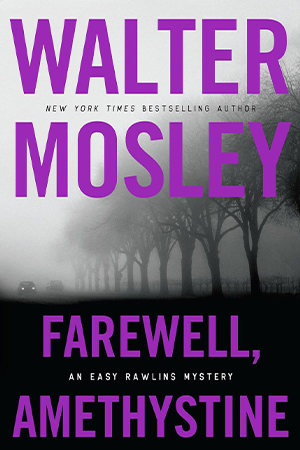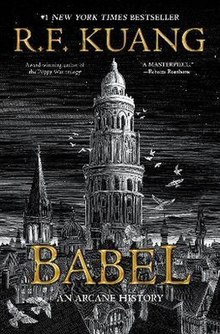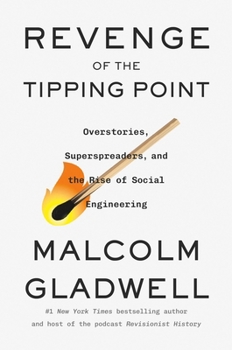 Farewell, Amethystine by Walter Mosely
Farewell, Amethystine by Walter Mosely
By my count, Walter Mosely has written 17 Easy Rawlins mysteries (and another 15 featuring Socrates Fortlow, Leonid McGill, King Oliver and Fearless Jones). I try to read them all though may have missed a few of the recent ones. In any case I’m back and so is Easy, smitten with the young women called Amethystine (who fortunately goes by Amy).
It’s the beginning of January 1970 and Easy has a nice life and a good business. It’s all upset by Amethystine Stoller, who asks him to find her ex-husband Curt. Curt turns up dead and Easy goes about untangling that crime and several others, including one targeting his LAPD friend Mel Suggs.
In this tale, Easy is caught in the middle, between the comfortable life he is building, the still vulnerable present, and his past. Excellent dialogue and style, and Fearless Jones plays a supporting role.
 Babel by R. F. Kuang
Babel by R. F. Kuang
Babel is the story of a biracial youth—Robin Swift–who’s caught between the British Empire, which will educate at its Oxford Translation Cetner (the titular Babel) and employ him, and the Canton colony of his birth. His father, an Oxford don, refuses to acknowledge him as his offspring but arranges for him to study at Oxford with the idea of a future as a translator and maker of magical silver bars power by semantics. As Robin comes of age with his friends Rami, Victorie, and Letty, he learns his own history and sees the effects of colonization and opium on his Chinese home.
It’s a long read, 500plus pages, with plenty of details—too much for some readers—but great for anyone interested in linguistics and history. There is betrayal and heinous behavior, adequate character development, plenty of world-building intermixed with real history, and a blunt critique of British colonialism.
This book is about racism, but basically only white-against-nonwhite racism. It barely touches the less obvious white-against-white racism, such as antisemitism or anti-Irish racism as examples. This book could have subverted expectations, while at the same time reinforced its points, by taking a more nuanced view of racism and exploring the topic fully. For me the best part was Robin Swift’s struggle between his growing conscience and his impulse to rationalize his privilege.
 The Revenge of the Tipping Point by Malcolm Gladwell
The Revenge of the Tipping Point by Malcolm Gladwell
Not just a new edition of The Tipping Point, but an all-new work.
As usual, Gladwell brings to the fore stories and bits of research I would not otherwise know about and makes the connections among them: epidemics of crime, suicide, drug abuse, as well as stories of social engineering and social change. As usual, it’s fascinating stuff but Gladwell does tend to overquote and he has the annoying habit (to me) habit of starting and stopping stories in an attempt to build connections among ideas. I found myself forgetting details of the earlier stories just as he was returning to them.

 Follow
Follow